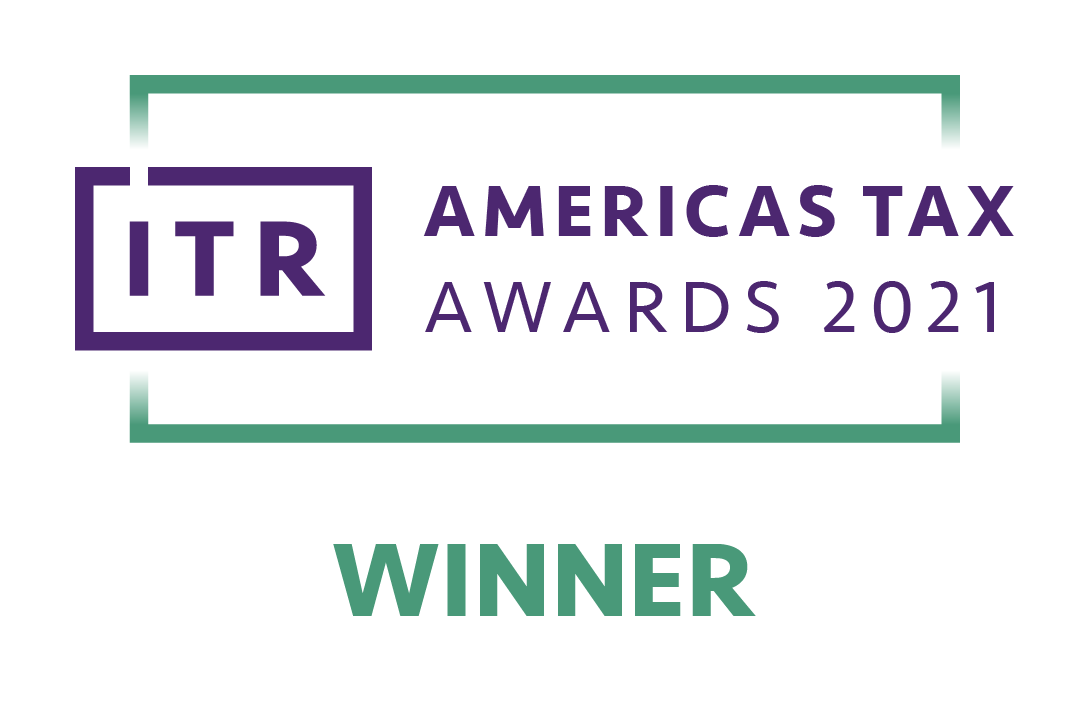A. Resolution No. 4, Minutes No. 18 of 03/18/2020 (support to economically affected sectors over COVID-19)
Measures adopted by the BCP to support sectors affected by the economic crisis over COVID-19 are the following:
i. Interruption in default calculations and other measures
As an exceptional measure until December 31, 2020, default calculation in formalization of renewals, refinancing or capital restructuring of granted loans (including accrued interest and other charges up to the date of the agreement), involving individuals and legal entities with payment delays not longer than 30 days as of February 29, 2020, will be interrupted.
It will be essential to carry out prior studies in cases with longer delay, in order to ensure financial viability.
Financial institutions are authorized to formalize renewals or refinancing only based on documentation of pre-existing operations, without any additional documentation, except for operations with large commercial debtors or those agreed with a single maturity.
Since debtor clients pay the first installment, renewed or refinanced, these must be considered as accepted by the client in a tacit way. If clients do not take the exceptional measures, then entities must communicate them the procedure to be followed to reverse loan reprogramming.
ii. Operations in installments
For operations in installments that fall into default, obligation to cancel the entire operation does not apply and renewals, refinancing, partial restructuring of installments and grace periods of up to 1 year (counted from the date of new agreement) for the payment of capital amount plus interest. In the new agreement, the guarantees originally constituted, if any, will be applied.
iii. Reserves
Financial institutions must set up reserves over the balance of the beneficiary’s portfolio with the measure indicated in point i) for a percentage equivalent to the minimum reserve established in Resolution No. 1, Minutes No. 60 dated September 28, 2007, for the customer’s risk category, as of the date of the new agreement.
Reserves will be gradually released and adapted to those of the immediately lower category, for each 20% of payment of capital of the portfolio benefited by this exceptional measure.
The resolution also authorizes the deferral of charges generated by the aforementioned reserves, which must be gradually recognized in the profit and loss statements of financial institutions within a period not exceeding 36 months.
iv. Communication to the Superintendency of Banks (“SIB”)
Banks and finance companies must submit to the SIB the list of clients benefited by the measures provided by this Resolution No. 4.
v. Net worth solvency Indicators
For determining net worth solvency indicators, the additional portion of the debit balance, resulting from the increase in the loan granted during the validity of the measures provided in this Resolution No. 4, must be classified as Category IV Assets with 0.50 weighting.
B. Resolution No. 3, Minutes No. 20 of 03/27/2020 (exemption from penalties for issuing checks without funds).
i. Conditions to qualify for the benefit of penalty exemption.
Law No. 6524/20 (the “Emergency Law”) provided, exceptionally, that until July 1, 2020, local banks must refrain from applying and communicating to the Superintendency of Banks any disqualification penalties for operating in current accounts and cancellation of current accounts, derived from more than 3 checks rejected due to insufficient funds. Thus, through Resolution No. 3, Minutes No. 20 of 03/27/2020, the BCP announced the regulation of exoneration from the application of disqualification penalties for operating with current accounts.
To be a beneficiary of this measure, the following conditions must be met:
- Issuer must communicate to the respective financial institution about issuance of the check or checks1 that would generate the penalty, within five business days of the entry into force of the Emergency Law. In other words, the deadline for this was April 2, 2020. The requirements of this communication are included below, as anticipated in the report issued at the time on said Emergency Law
- Rejection of checks for insufficient funds must have occured in the period of validity of the exceptional measure. That is, until July 1, 2020.
1 Applies to both, demand checks and deferred payment checks, as long as the payment date is not later than July 1, 2020.
ii. Communication requirements
Communication by current accounts holders may be made by sending an email to the address indicated by their bank or through digital means that the entity itself has provided to its customers. The following information must be stated:
- Check number.
- Date of issuance of subject check and, in the case of a deferred payment check, payment date.
- Amount of the check.
- Payee of the check.
iii. Scope of the measure
This exceptional measure of exemption from disqualification penalties for operating in current accounts and cancellation of current accounts applies only when the reason for the rejection of the payment of checks is due to insufficient funds (and it should be clarified that the fines for rejection of checks in these cases are still in force).
Therefore, disqualification penalties for writing checks with formal defects and for writing checks against canceled accounts or in third party’s check book or adulterated check remain in force.
C. Resolution No. 1, Act No. 21 of 03/30/2020 (Credit Facility for National Emergency)
Through this resolution, the BCP makes a National Emergency Credit Facility (“FCE”) available to banks and finance companies. This facility is materialized through repo transactions. Main information about the FCE is summarized as follows.
i. Goal
The BCP seeks to provide exceptional liquidity to financial institutions through the FCE, for credit support to economic agents affected by the crisis over COVID-19, especially small and medium-sized companies (“SMEs”).
ii. Total amount available
The global amount of the FCE may be up to G. 5,000,000,000,000 (five trillion).
iii. Validity:
Banks and finance companies may request access to the FCE until December 30, 2020.
iv. Securities eligible for repo transactions
Eligible securities (in national currency) are as follows:
- Letters of Monetary Policy (LRM)
- Bonds issued by the Ministry of Finance (Treasury Bonds)
- Securities-Titles with National Treasury Guarantee
v. FCE interest rate
FCE interest rate shall be equal to the interest rate set on instruments placed by the BCP at the equivalent term of the repo transaction.
vi. Coverage coefficient (haircut)
The coverage coefficient (haircut) applied to these securities will be 5%.
vii. Term
Banks and finance companies may request the FCE for a term of up to twelve months.
D. Resolution No. 3, Minutes No. 21 of 03/30/2020 (availability of legal reserve in national currency)
By virtue of this resolution, the BCP resolves the following, effective from April 1, 2020:
i. Legal reserve rates in local currency
The following legal reserve rates are applicable to deposits in national currency from banks and financial companies:
| On demand | From 2 to 360 days | From 361 days |
| 18% | 18% | 0% |
Legal reserve on demand deposits and those of 2 to 360 days (above identified) can be used up to a maximum percentage of 9% of public deposits in each period of legal reserve, according to the following table:
| Legal Reserve Rate on Demand Deposits and Deposits with terms of 2 to 360 days | |
| Legal Reserve | 9% |
| Special Reserve | 9% |
| Total | 18% |
These resources deposited in the special reserve account (described above) can be used to grant new loans to sectors economically affected by the coronavirus spread.
E. Resolution No. 4, Minutes No. 21 of 03/30/2020 (availability of legal reserve in foreign currency)
By virtue of this resolution, the BCP resolves the following, effective from April 1, 2020:
i. Legal reserve rates in foreign currency
The following legal reserve rates are applicable to deposits in foreign currency from banks and financial companies:
| On demand | From 2 to 360 days | From 361 to 540 days | From 540 days |
| 24% | 24% | 16,5% | 0% |
Legal reserve on demand deposits and those of 2 to 360 days (above identified) can be used up to a maximum percentage of 7% of public deposits in each period of legal reserve, according to the following table:
| Legal Reserve Rate on Demand Deposits and Deposits with terms of 2 to 360 days | |
| Legal Reserve | 17% |
| Special Reserve | 7% |
| Total | 24% |
These resources deposited in the special reserve account (described above) can be used to grant new loans to sectors economically affected by the coronavirus spread.
F. Resolution No. 23, Act No. 23 of 04/02/2020 (exceptional supplementary measure for granting credits to economically affected sectors)
The BCP established certain exceptional measures for the MSMEs sector. The following is a summary of such main provisions.
i. New loans with no reserve requirement.
New loans granted from March 16 to June 30, 2020 are exempt from the obligation to set reserves for a period of 18 months after the date of disbursement, provided that the following conditions are met:
- The loan’s beneficiary is an economic unit, preferably from the MSMEs sector (in accordance with the parameters set forth in the MSMEs Law 4457/2012).
- The loan seeks to cover operating capital needs, including administrative costs, payment of wages and suppliers.
- The amount of capital is less than or equal to 150 minimum wages.
In order to grant these loans, banks and finance companies must require their clients, as a minimum, the following documentation:
- Microloan
- Identification of the debtor (ID issued by Official Authorities / RUC).
- Information on the application and credit conditions.
- Other debtors
- Identification of the debtor (ID issued by Official Authorities / RUC).
- Information on the application and credit conditions.
- VAT filing form
- Payroll and Remuneration of the Personnel in charge.
- Employer Contribution Form to the IPS.
- Payroll issued by the Ministry of Labor.
This report is not a legal advice, but is limited to briefly reporting on some of the relevant aspects of the measures adopted by the BCP. If you have any questions about this report or about the measures ordered, do not hesitate to contact us at the following emails: manuel.arias@berke.com.py; paola.sapienza@berke.com.py; or visit us at www.berke.com.py.












